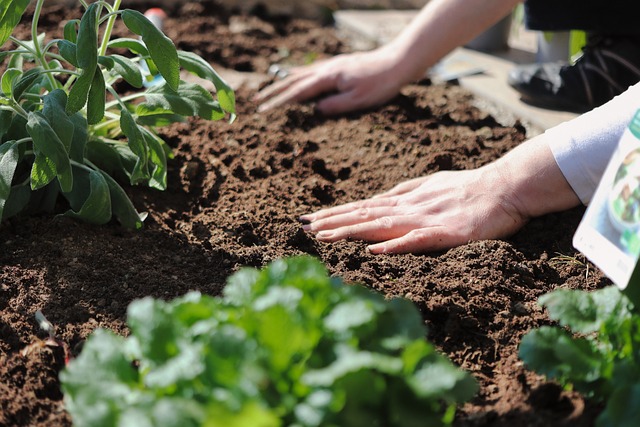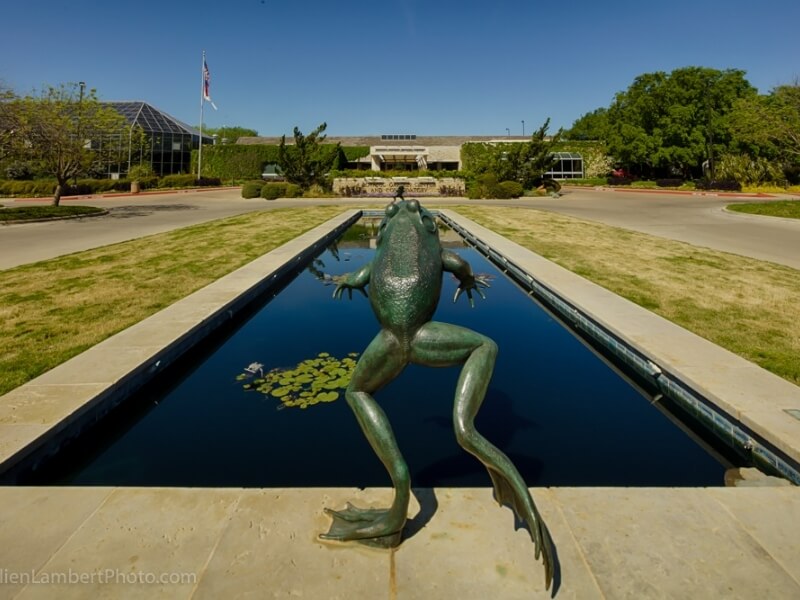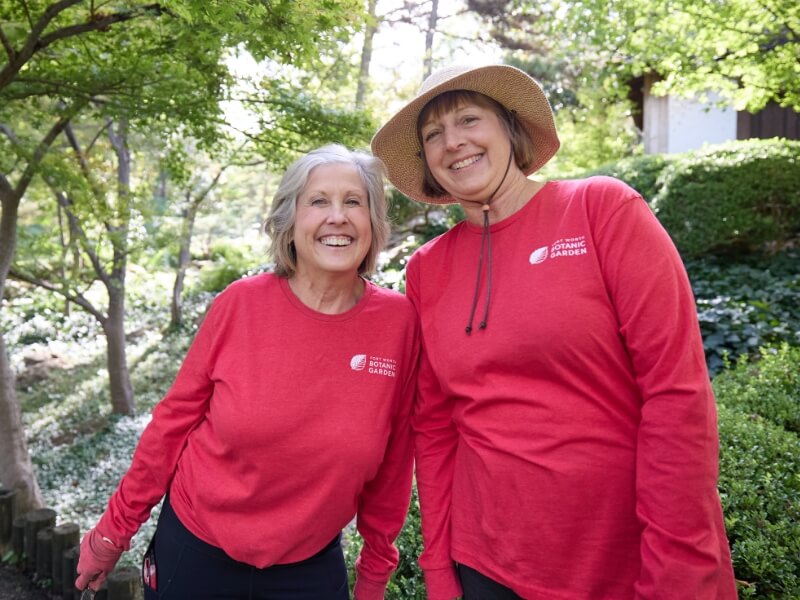Backyard Veggie Garden Contributes +1,300 Pounds of Organic Produce to Union Gospel Mission
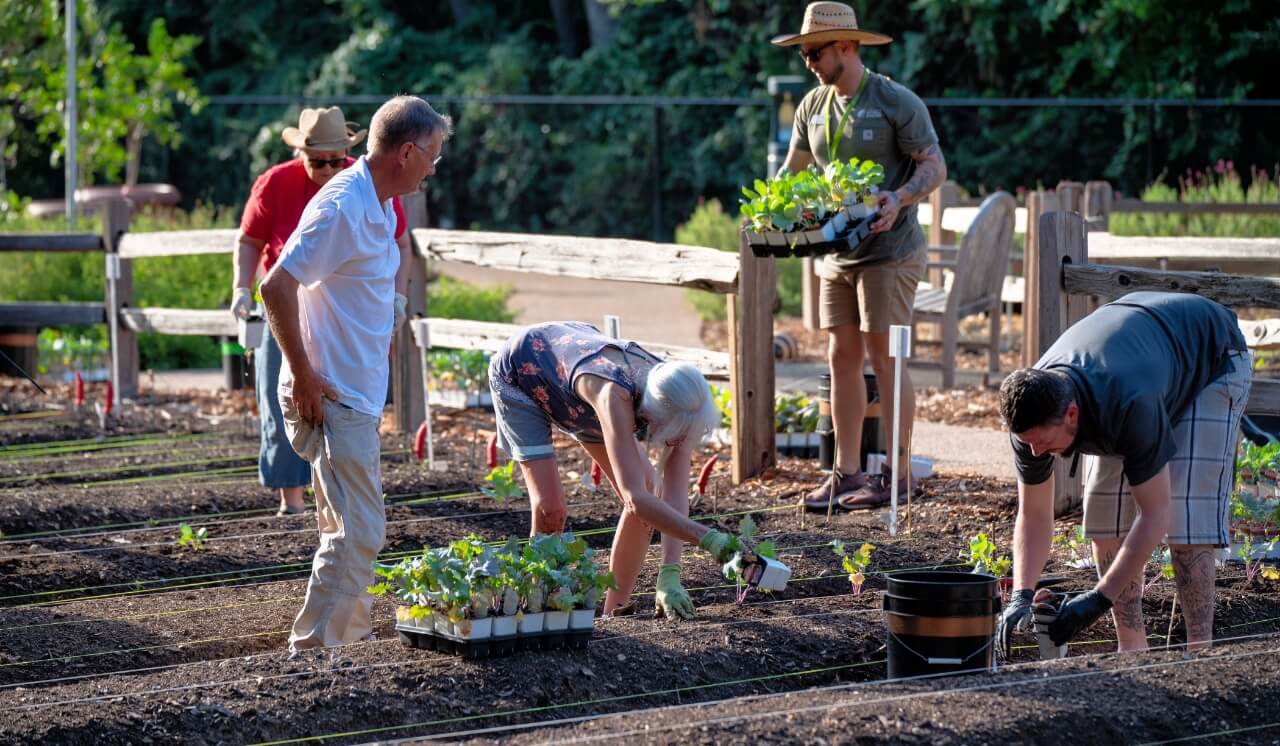
Garden staff hard at work preparing the Backyard Veggie Garden for fall.
Eighteen months after the Fort Worth Botanic Garden and Union Gospel Mission (UGM-TC) formed a partnership to supply fresh, organic vegetables to unhoused people in Tarrant County, more than 1,300 pounds of produce have been harvested and delivered to the area shelter.
The program kicked off in the spring of 2024 with an award from the American Public Gardens Association and the United State Botanic Garden as part of their Urban Agriculture Resilience Program to provide fresh vegetables to people in need while expanding education opportunities about urban gardening.
UGM-TC is a united Christian organization and ministry dedicated to providing love, hope, respect and a new beginning for the homeless in Tarrant County. As part of its residential programs for unhoused men, women and families, UGM-TC offers health and nutrition courses and partners with the Tarrant Area Food Bank on healthy cooking classes.
“It’s rewarding to know our work caring for the Veggie Garden is helping people in need,” says Director of Living Collections Seth Hamby. “We also hope it inspires other Tarrant County residents to consider growing their own produce.”
Fall planting for cool-weather crops
Staff recently completed planting the next round of crops in the Backyard Veggie Garden, including brussels sprouts, broccoli, cauliflower, kale, beets and parsley.
The Garden began planting in early September to maximize the harvest. However, it’s not too late for home gardeners to plant their own fall vegetables. “You don’t want to wait too long, because the weather can be unpredictable,” says Hamby. “But as long as you cover plants with frost cloth if temperatures drop below 28 degrees, you have a chance at a good crop.”
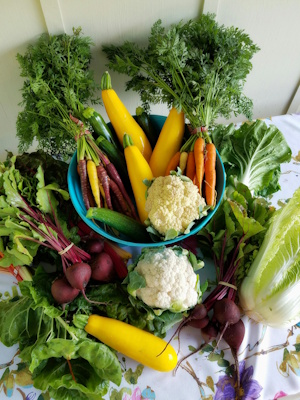
Fall crops in North Texas can include cauliflower, carrots and beets.
Hamby says bed preparation is key for a successful vegetable garden. The Garden uses a low-till method that minimizes soil disturbance and eliminates the need for yearly tilling and digging. Tilling is the traditional practice of digging and turning soil to prepare for planting; many organic gardeners now believe that deep tilling disrupts the natural processes of bacteria, fungi and insects that keep soil healthy. Instead, horticulturists at the Backyard Veggie Garden loosen the soil with long pitchforks to make room for water and roots. Then organic alfalfa fertilizer is worked into the top inch or two using an electric tiller.
“This keeps the soil from being compacted and minimizes disruption of beneficial microbes,” says Hamby.
Curious about no- or low-till gardening? Read these tips from Texas A&M AgriLife Extension Service to get started!
Cool-weather vegetables that do well in North Texas range from artichokes and arugula to spinach and winter squash. This resource from Collin County Master Gardeners provides growing tips for individual vegetables. And make sure to visit the Backyard Veggie Garden for inspiration!


